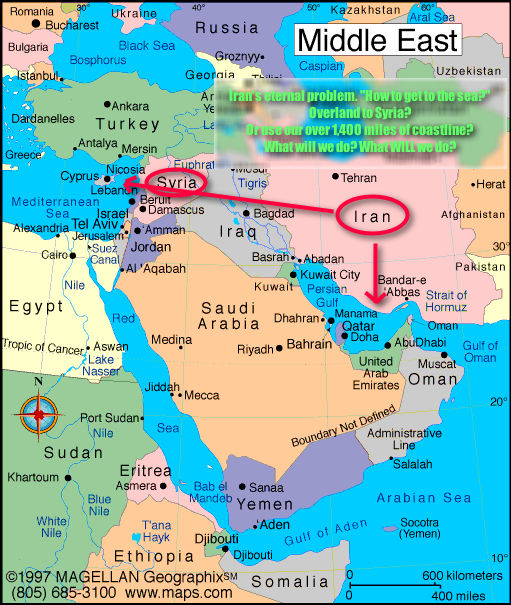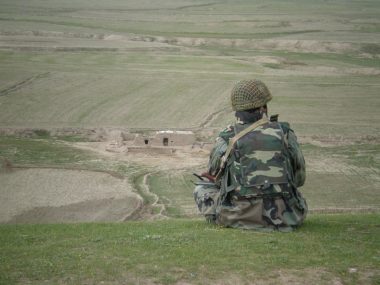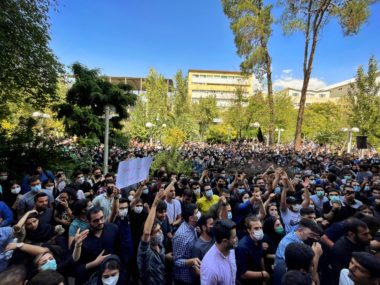Ethnic groups are not states. This simple fact seems to elude many journalists and, on occasion, scholars. But my aim in this post are journalists and in particular the June 5, 2012 New York Times story about the controversy over the Askariya Shrine in Samarra, Iraq, “Violence Spreads in Struggle for Shrine” by Tim Arango and Yasir Ghazi. In the story, the reporters depict the conflict as “a dispute escalat[ing] between Sunnis and Shiites.” It discusses Sunnis and Shiites as if they are distinct, bounded, groups fighting one another because of past grievances. The journalists don’t question this “groupist” position in their own reporting. They do, however, offer two quotations from Iraqis that directly contradict the groupist ontological understanding of ethnicity. One Iraqi asks, “what did the victims of today do to be killed? Sectarianism has no mercy against anyone, and there are groups of criminals and militias used by officials and politicians to achieve their specific agenda.” Another says, “They are not fighting for the shrines; they are fighting for the money that these shrines can bring to them. It’s just another way to play with people’s emotions to gain advantage.” Both of these quotations offer a Rogers Brubaker-type approach to understanding ethnicity and conflict: conflict is waged between leaders and their organizations who manipulate ethnic identity for narrow gain. Violent conflict does not occur between bounded, whole, discrete ethnic groups for the very reason that ethnic groups are not bounded, discrete wholes. Ethnic “groups” are messy, dissimilar units. They are not like states because they don’t have features such as clear, internationally-demarcated borders or legitimate domestic legal systems. Members of different ethnic categories blend together, cross borders, and interests can be extremely heterogeneous. Some ethnic groups have clearer boundaries than others. Ethnic groups do not fight one another in similar ways that states do, because ethnic groups are not like states. We err when we treat ethnic groups as distinct wholes—scholars and journalists alike have much to learn from those Iraqis quoted in the article.
You May Also Like
Political Violence Thought of the Week
- October 24, 2012
By Erica Chenoweth Is Iran supporting Syria because Syria is Iran’s “route to the sea”? Not so much.…
Will the Afghan Peace Talks Succeed?
- September 18, 2020
By Aila M. Matanock Last Saturday saw Afghan factions come together in Doha for peace talks. The Taliban,…
What The Iranian Nuclear Negotiations Tell Us About Soft Diplomatic Deadlines
- February 11, 2015
Guest post by Matthew Cebul The Iranian nuclear negotiations and the U.S. sanctions regime are a perennial hot…
The Revolt of Islamic State-Khorasan
- August 30, 2021
By Navin Bapat and guest contributor Rebecca Best Note: This analysis was completed on the morning of August…
Sustaining the Fight for Women’s Rights in Iran as Repression Tightens
- November 3, 2022
Guest post by Yu-Ping Chang and Ghashia Kiyani The death of 22-year-old Mahsa Amini, who died in custody…
Why Secession Isn’t Likely for South Yemen
- August 3, 2020
Guest post by Tyler B. Parker Separatist struggles often shape international politics. Some secessionist movements have yielded sovereign…






